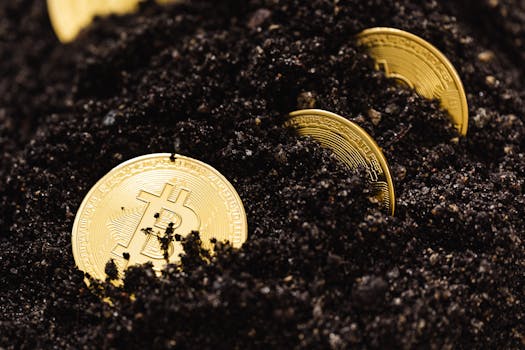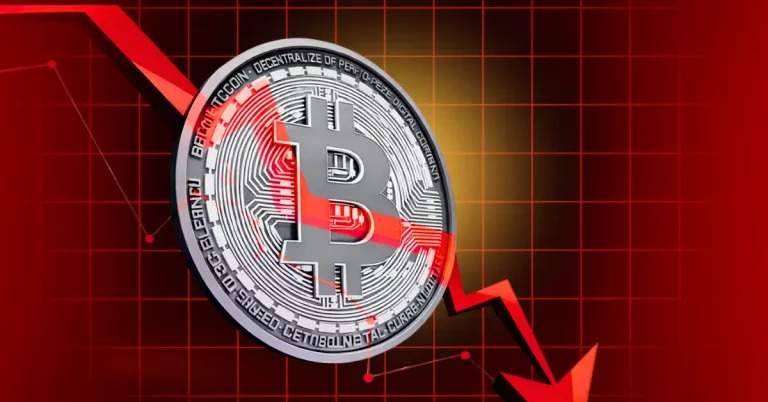
Navigating the Future: Emerging Trends in Fintech Technology
Fintech technology is constantly evolving, and Fintech is at the forefront of this revolution. As we navigate the future of finance, it’s essential to stay ahead of the curve and understand the emerging trends that are shaping the industry. In this article, we’ll explore the latest developments in fintech and what they mean for businesses and individuals alike.
Section 1: Introduction to Fintech

Fintech, or financial technology, refers to the use of technology to improve and automate financial services. This can include everything from mobile payments and digital wallets to artificial intelligence and blockchain. The goal of fintech is to make financial services more accessible, efficient, and secure.
Section 2: Emerging Trends in Fintech

So, what are the emerging trends in fintech that you need to know about? Some of the most significant developments include:
- Artificial Intelligence (AI): AI is being used to improve customer service, detect fraud, and optimize financial operations.
- Blockchain: Blockchain technology is being used to create secure and transparent financial systems, including cryptocurrencies and smart contracts.
- Mobile Payments: Mobile payments are becoming increasingly popular, with many consumers using their smartphones to make purchases and transfer money.
- Digital Wallets: Digital wallets, such as Apple Pay and Google Pay, are becoming more widely accepted, making it easier for consumers to make payments online and in-store.
- Robo-Advisors: Robo-advisors are automated investment platforms that use AI to provide personalized investment advice and management.
Section 3: The Future of Fintech

So, what does the future of fintech hold? As technology continues to evolve, we can expect to see even more innovative solutions and applications. Some potential developments on the horizon include:
- Quantum Computing: Quantum computing has the potential to revolutionize fintech by enabling faster and more secure processing of complex financial transactions.
- Internet of Things (IoT): The IoT refers to the network of physical devices, vehicles, and other items that are embedded with sensors and connectivity, allowing them to collect and exchange data. This could have significant implications for fintech, including the development of new payment systems and financial services.
- 5G Networks: The rollout of 5G networks is expected to enable faster and more reliable data transmission, which could have a major impact on fintech applications, such as mobile payments and digital wallets.
Section 4: Conclusion

In conclusion, the future of fintech is exciting and rapidly evolving. As technology continues to advance, we can expect to see new and innovative solutions that transform the way we interact with financial services. Whether you’re a business leader, investor, or individual consumer, it’s essential to stay informed about the latest trends and developments in fintech.






